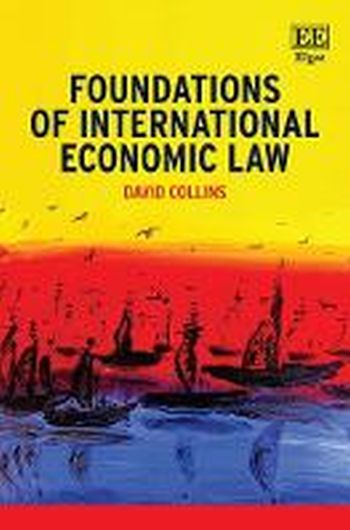
This introductory textbook explores the key legal principles and institutions that underpin the global economy. Featuring discussion of the economic rationale and social impact of the various legal regimes, Professor David Collins explores the four main pillars in international economic law: international trade, international investment, monetary relations and development. Offering a comprehensive and accessible overview of the international legal frameworks and organizations that govern the economic relations among and between states and multinational enterprises, this concise textbook highlights the leading cases of international tribunals and the most pressing debates, drawing attention to the role of law in balancing the goal of economic liberalization with important public interest values and the tension between sovereignty and commitment to international rules.
This insightful textbook outlines the historic rationales and contemporary roles of prominent international organizations, such as WTO, IMF and the World Bank, exploring the ways in which the global economy of the 21st century has been cultivated by a distinct and dynamic discipline within international law. Key features include:
Foundations of International Economic Law is an essential guide for undergraduate and graduate students of international economic law